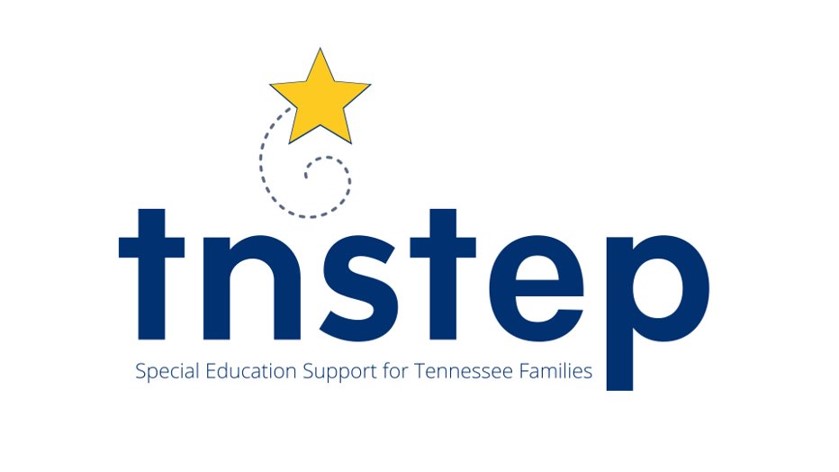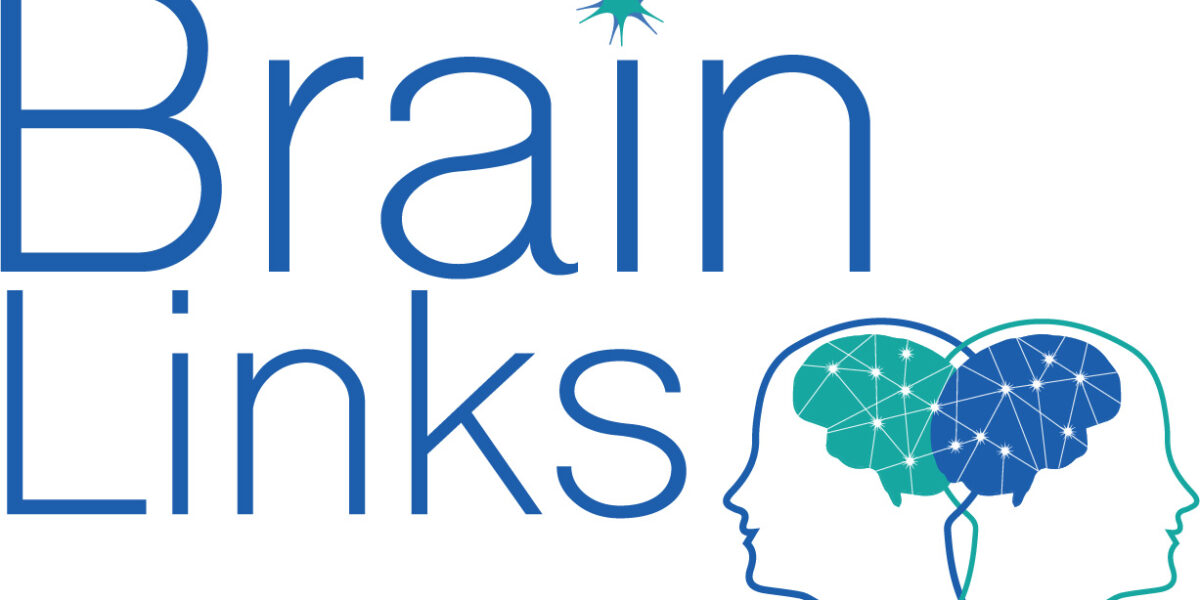This series is designed for Service Providers across all Systems of Support, including Mental Health, Substance Use, Domestic Violence, ACEs/Trauma, Child Abuse, Chronic Pain, Homelessness, Criminal & Juvenile Justice, and Brain Injury.
Using Case Studies to Highlight Best Practice and Improve Outcomes in Brain Injury
This series is designed for Service Providers across all Systems of Support including Mental Health, Substance Use Disorder, Domestic Violence, ACEs/Trauma, Child Abuse, Chronic Pain, Homelessness, Criminal & Juvenile Justice and Brain Injury.
People are complicated. People with brain injury often seek treatment for multiple co-occurring needs, like substance use, mental health, domestic violence and/or chronic pain. The brain injury must be properly identified, and symptoms must be accommodated to enable the person to fully benefit from support programs in these and other areas.
Thursdays 9-10:30 CST/10-11:30 EST
February 6
Understanding Concussion and More Severe Brain Injury through Case Studies
Part one of the series will use case studies to show how to identify the signs and symptoms of TBI and what can happen if injuries are not identified, treated and monitored over time. We will show how treatment can be complicated by co-occurring diagnoses, what tools to use and how and when to use them. We will explain and utilize free educational resources designed for staff and the people they serve.
Registration Open (https://us02web.zoom.us/webinar/register/WN_aCIzyJpoRa6zSM7iQCCYFQ)
March 13
Case Studies of Brain Injury with Co-Occurring Challenges: A Framework for Addressing Cognitive Changes
Part two of the series focuses on cases that highlight cognitive changes that may occur through brain injuries like stroke, infection, tumor and traumatic brain injuries. We will explore how to identify what aspect of cognition is impacted and specific strategies or accommodations that can be used to help improve functioning and quality of life. We will show how to incorporate these strategies into
support programs (mental health, domestic violence, substance use, court directed, etc.) to improve
participation and success. We will also talk about the best ways to provide feedback.
Registration Open (https://us02web.zoom.us/
April 3
Case Studies of Psychosocial and Behavioral Changes after Brain Injury: Practical Recommendations
Part three of the series uses case studies to highlight common behavioral and psychosocial changes following brain injury and developmental brain changes. Through cases, you will learn specific strategies to support people with these changes and how to analyze behavior from a cognitive-communication viewpoint. Techniques to avoid behavior escalation and key strategies to de-escalating a situation will be shared. We will show you the user-friendly tools to understand behavior and develop strategies that fit.
Registration Open (https://us02web.zoom.us/webinar/register/WN_Pj084YNDSc-MjDp_QJJ4Rg)
Each session in this series will use case studies with different levels of injury, individual challenges and interactions with systems. We will also show how to apply existing tools when working to support the individual. Downloadable Flyer PDF and a Text Flyer.

